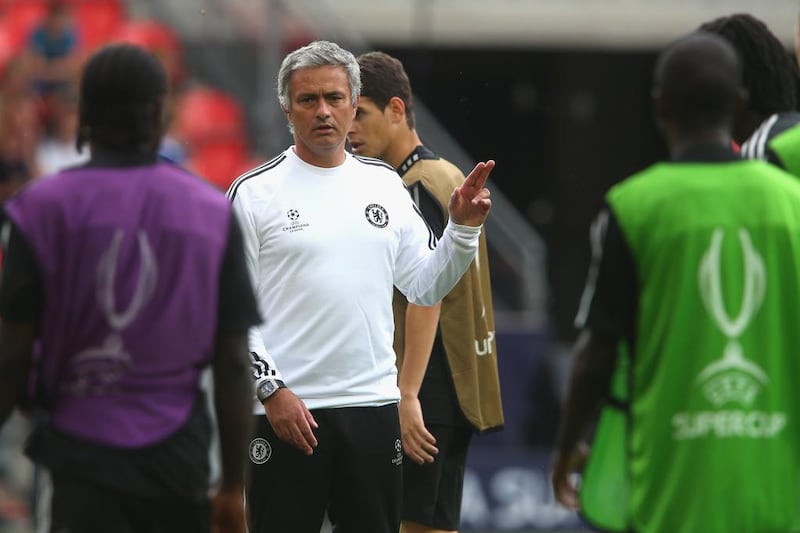Earlier this summer, Simon Kuper wrote a piece in which he tried to shed some light on what football managers really do.
Kuper is a thoughtful writer, one of a like-minded group who burnish football with the intelligence it needs – and sometimes more than it necessarily deserves.
The central observation of his piece drew from a study conducted by Stefan Szymanski.
“[Stefan] calculated that most managers barely mattered. Far more telling was money: typically, the more a club paid its players, the higher it finished in the league. Perhaps 90 per cent of managers added no value to the wage bill and might as well be replaced with stuffed teddy bears.”
His was not an absolute finding, Kuper said. A small group of managers are beneficial to their clubs, before branching out to ponder how exactly they go about doing that. This is an old sporting trope, of course, that of the need for coaches in professional sport.
Football knows it needs managers but some sports, cricket among them, still debate the usefulness of one. This season, if nothing else, should help shed more light on Kuper’s querying.
Managers make an impact of some kind, but the real question is how much or how little? And how much of it is positive and how much negative?
For now, headlines are swirling around David Moyes and Manchester United, but look around.
In Germany, few would have thought Bayern Munich needed impacting. They won everything last season, did so in a style appreciable by one and all and acquired the best talent available to them.
Yet this season, they have a new coach, except that it is not just a new coach but a new – or at least different – philosophy they have bought into.
What will new manager Pep Guardiola do? Will he make them change, even if they do not need to? Will he change himself? And what kind of results will that reap? Already people are feeling a little unsure about it.
Take the man who replaced the man who replaced Guardiola at Barcelona. Gerardo Martino has tried to make his team understand that other options exist in their approach to football, without necessarily diverting from their broader commitment to tiki-taka.
Did they need it? Probably.
Gerard Pique, at least, thought so, suggesting Barcelona had become “slaves to the system”.
Will it bring them as much success? We will see.
If bottom-line success has sometimes felt secondary at Barcelona, it is all Roman Abramovich’s Chelsea have seemed to simultaneously care about and disregard.
In recent seasons, managers have felt redundant at Chelsea, one replacing another even as they have won some of the game’s most glittering prizes.
And yet, when Jose Mourinho was first there, they never felt more important.
And now he is back, potentially the most intriguing – and explosive – of all appointments to watch. He has some of the same players, a club he has a genuine connection with, and the same boss as before: Can they rediscover what it was about each other that created such an impact the first time?
Also trying to recreate the magic of his early years is Arsene Wenger, another philosopher of sorts, but a more pragmatic soul.
This season, especially with the arrival of Mesut Ozil, Arsenal look revitalised and refreshed. Even Wenger’s face looks less creased, but what if they go another season without a trophy? Is impact necessarily measured in trophies?
And then, of course, there is Moyes. Manchester United fairly limped to the title toward the end of last season, a limp that has continued into this one.
Moyes has inherited the same squad, with many of the same problems, but under him United feel like a club wobbling, where under Sir Alex Ferguson it all felt business as usual, that it would be merely a matter of time before he sorted them out. What impact the manager?
Expect some of the best answers to emerge from closer to home, though. The coach swap between the country’s two leading clubs, Al Ahli and Al Ain, is the kind of thing analysts dream about. For two seasons under Cosmin Olariou, Al Ain looked like champions through and through, able to win both league titles in style, but also to tough out results where needed.
Suddenly without him, and with Quique Sanchez Flores yet to take charge in his first game, they are floundering, despite retaining their best players.
Al Ahli, meanwhile, were always formidable, but in the way they have been grinding out late goals and wins under Olariou, are they not already, this early, doing what champions do?
osamiuddin@thenational.ae





